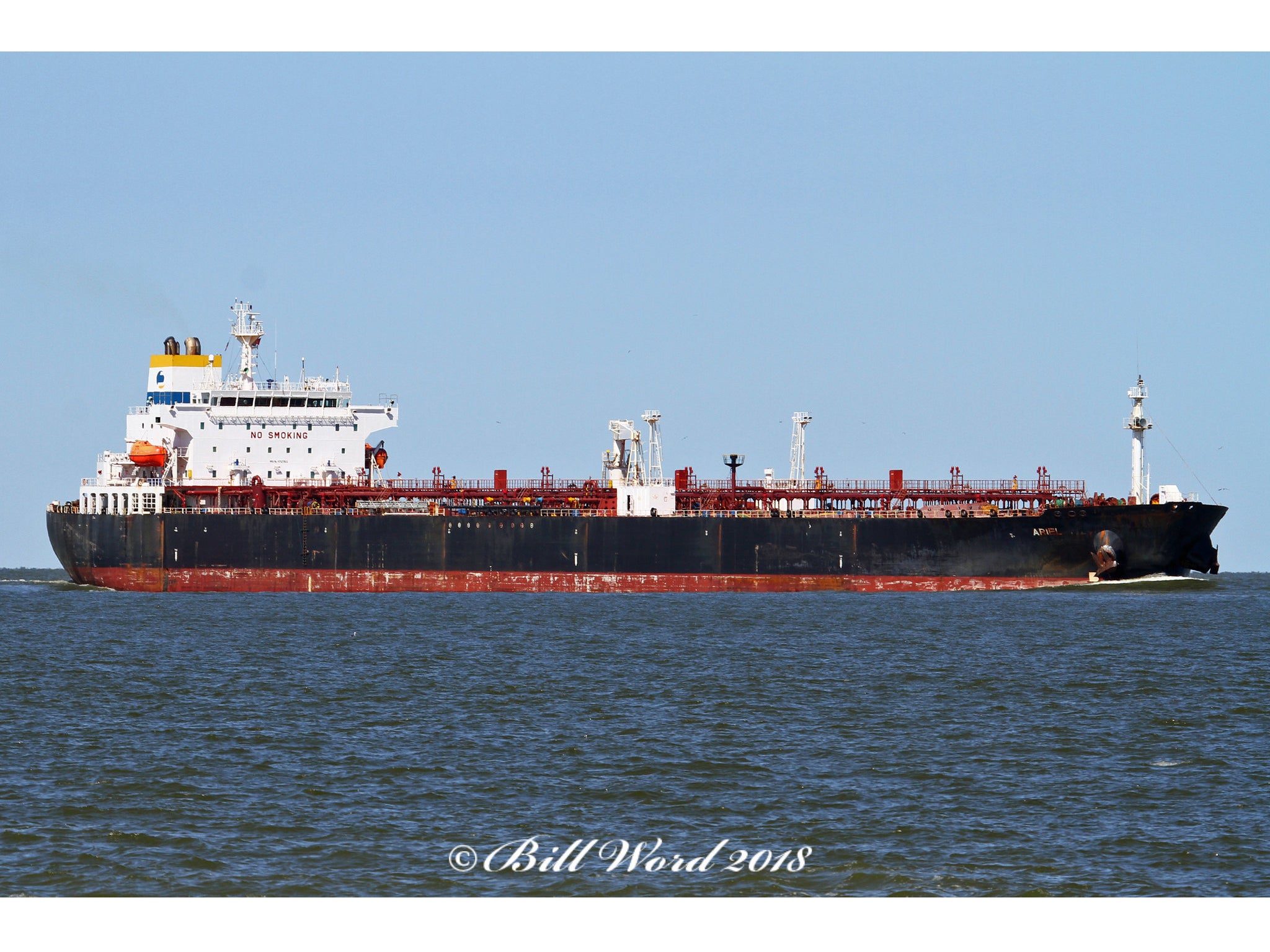UK blocks Russian ships from its ports
The step comes amid controversy over Russian-linked tankers in Wales and Scotland and push towards further sanctions following the invasion of Ukraine

The UK government has asked ports across the country to block access from Russian vessels.
The move comes after The Independent reported that a tanker carrying Russian oil had docked in Wales over the weekend.
Scottish politicians had also expressed concerns over a Russian tanker due to dock in the Orkney Islands. The ship’s arrival has now been cancelled.
Grant Shapps, transport secretary, announced the move in a letter to all UK ports, saying that the ongoing “unprovoked premeditated attack” by Russia on Ukraine had prompted this latest step.
Mr Shapps asked ports to block ships that fly the Russian flag, or which they believe could be controlled, chartered or operated by any person connected with Russia. Ships registered in Russia would also be covered by the upcoming legislation, he added.
“Further detailed sanctions against Russian Shipping are being developed,” Mr Shapps added.
However, industry sources told The Independent that the measures could present a host of legal challenges and would also not tackle a bigger issue: Russian cargo landed in the UK from ships registered or chartered in other countries.
The British Ports Association (BPA) said in a statement: “We expect this to only impact a relatively small number of vessels.”
Nevertheless it would be difficult to implement due to contractual arrangements the BPA added, as well as the Open Ports Duty, which requires ports to allow the safe shipping and unloading of goods, provided they are paid.
While this particular measure is unlikely to pose widespread disruption to global shipping on its own, the invasion of Ukraine has already caused major problems for companies including shipping giant, Maersk.
The company announced on Monday that it was considering suspending all deliveries two and from Russia.
The conflict in Ukraine is set to add to pressure on global supply chains, already stretched to breaking point by the COVID-19 pandemic. Alongwith energy price rises as countries look to diversify away from Russia oil and natural gas, the disruption from sanctions and scrambled logistics will likely force businesses to raise their prices.
Data from the International Chamber of Shipping, which represents 80 per cent of the merchant fleet, showed that 14.5 per cent of the global workforce for the industry is composed of Russians and Ukrainians.
These seafarers are unlikely to avoid the huge transport disruption from conflict and sanctions including flights and airspace.
The impact on the Russian economy from the suite of sanctions from Western allies is set to be severe and long-lasting according to economists.
A lack of ready access to US dollars, the global currency of trade in which most international companies prefer to strike their contracts, will be a major challenge for the country’s importers and exporters in the months ahead.
An analysis by US investment bank JPMorgan sent to clients on Monday said that Russia’s economy was now expected to contract by 20 per cent in the three months to June this year, and by around 3.5 per cent for the full year.
Subscribe to Independent Premium to bookmark this article
Want to bookmark your favourite articles and stories to read or reference later? Start your Independent Premium subscription today.

Join our commenting forum
Join thought-provoking conversations, follow other Independent readers and see their replies